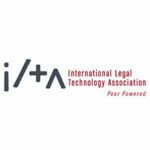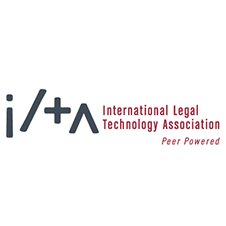ILTA litigation special interest group releases comprehensive guide for active learning in e-disclosure, submitted to master of the rolls
The International Legal Technology Association (ILTA) today announced the completion and submission of “A Best Practice Guide for the use of Active Learning” to the Right Honourable Sir Geoffrey Vos, Master of the Rolls. This landmark document represents the first industry-wide consensus on the implementation of machine learning technology in legal disclosure processes.
Developed through unprecedented collaboration between major law firms, technology providers, and legal experts, the guide addresses a critical gap in Practice Direction 57AD, providing specific guidance on how technology-assisted review should be applied in practice.
“While the courts have encouraged the use of technology in disclosure processes, there has been no standardised approach to its implementation,” said James MacGregor, Chair of ILTA’s Litigation Support Special Interest Group and project co-chair. “This has led to unnecessary delays and costs as parties negotiate methodology on a case-by-case basis. Our guide aims to solve this problem.”
The project, co-chaired by MacGregor, founder of Ethical eDiscovery and David Wilkins of Norton Rose Fullbright, brought together heads of eDiscovery from over 20 leading law firms, including A&O Shearman, Baker McKenzie, DLA Piper, and Herbert Smith Freehills. The guide underwent extensive public consultation from July to September 2024, incorporating feedback from international experts including:
- Professor Maura R. Grossman, Research Professor at the University of Waterloo and a leading authority on technology-assisted review
- Victoria McCloud, retired Civil Judge
- Michael Quartararo, President of the Association of eDiscovery Specialists (ACEDS)
Key features of the guide include:
- Detailed methodologies for implementing Active Learning
- Clear guidance on when and how to conclude review processes
- Validated approaches for ensuring quality and completeness of disclosure
- Best practices for handling complex document types and edge cases
The guide has now been submitted to the Master of the Rolls for consideration as a consensus document to be potentially incorporated into English law, representing a significant step toward standardising the use of machine learning technology in legal proceedings. “This guide represents the collective wisdom of the eDisclosure community,” said MacGregor. “By providing clear, practical guidance, we hope to encourage wider adoption of these cost-saving technologies while ensuring consistency and quality in their implementation.”
Related Resources
- Full guide and complete list of contributors available at https://www.iltanet.org/resources/active-learning-best-practices



